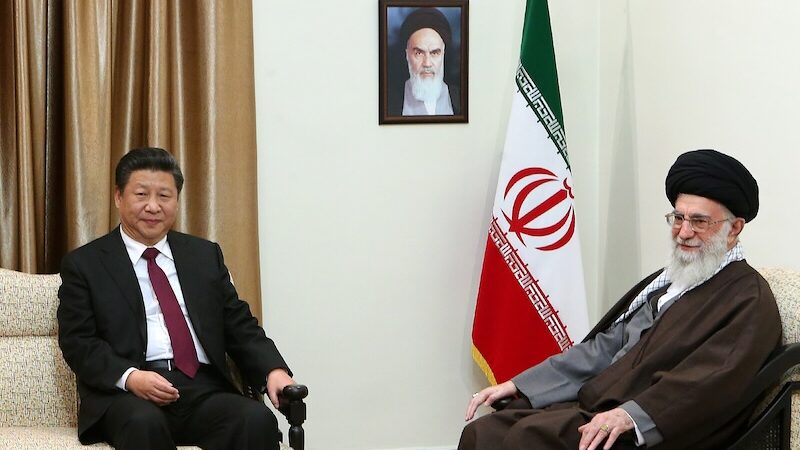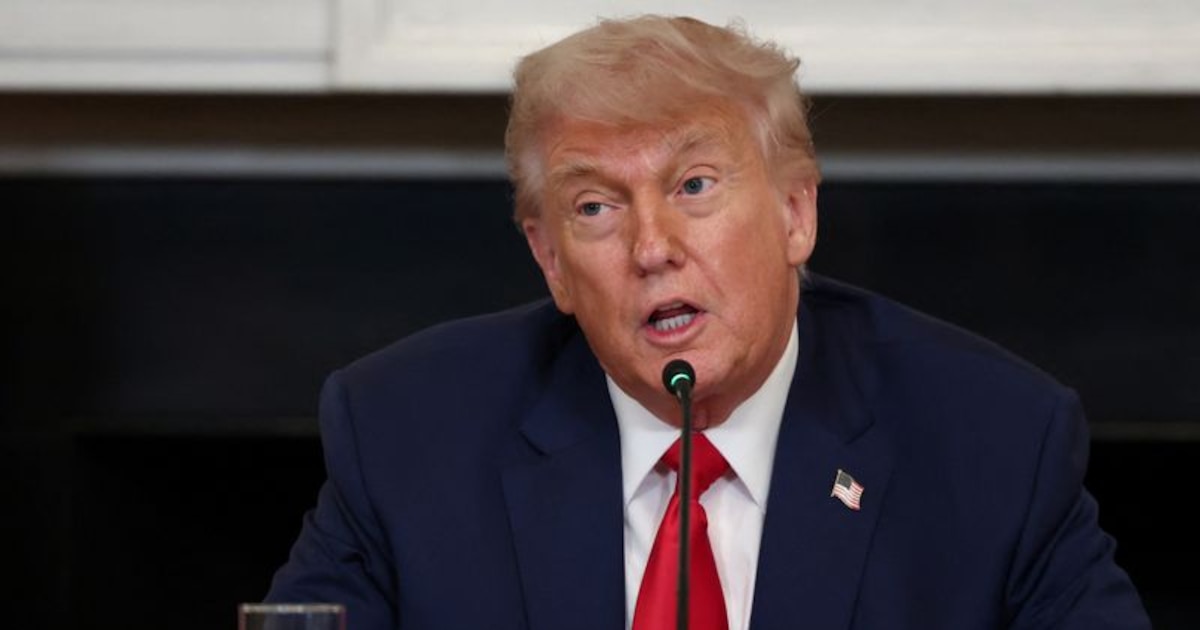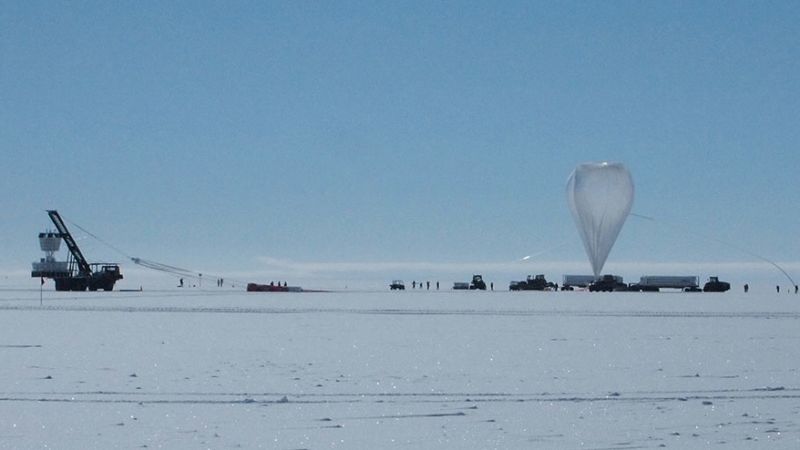The Geopolitical Ripple Effect: America's Middle East Stalemate And China's Rise

Welcome to your ultimate source for breaking news, trending updates, and in-depth stories from around the world. Whether it's politics, technology, entertainment, sports, or lifestyle, we bring you real-time updates that keep you informed and ahead of the curve.
Our team works tirelessly to ensure you never miss a moment. From the latest developments in global events to the most talked-about topics on social media, our news platform is designed to deliver accurate and timely information, all in one place.
Stay in the know and join thousands of readers who trust us for reliable, up-to-date content. Explore our expertly curated articles and dive deeper into the stories that matter to you. Visit Best Website now and be part of the conversation. Don't miss out on the headlines that shape our world!
Table of Contents
The Geopolitical Ripple Effect: America's Middle East Stalemate and China's Rise
The Middle East, a region historically defined by volatile power dynamics, is experiencing a seismic shift. America's long-standing military and political involvement, marked by periods of intervention and subsequent withdrawal, has created a power vacuum. This vacuum, coupled with the assertive rise of China, is generating a complex geopolitical ripple effect with far-reaching consequences for global stability and the international order. The question isn't just if this will impact the world, but how.
America's Stalemate: A Legacy of Intervention and Uncertainty
For decades, the United States has played a dominant role in Middle Eastern affairs, driven by strategic interests related to oil, counter-terrorism efforts, and regional stability. However, costly interventions in Iraq and Afghanistan, coupled with a shifting domestic focus and a growing weariness of "forever wars," have led to a strategic re-evaluation. The resulting ambiguity leaves a power vacuum ripe for exploitation.
This isn't simply a matter of reduced military presence. The US's wavering commitment to regional allies, coupled with its inconsistent approach to diplomacy and sanctions, has sown uncertainty and eroded trust. This has emboldened regional actors, leading to increased tensions and a complex web of alliances and rivalries. The ongoing conflicts in Yemen and Syria are prime examples of this instability, highlighting the limitations of a solely military-focused approach.
China's Ascendance: Economic Influence and Strategic Partnerships
While the US grapples with its Middle East strategy, China is aggressively expanding its influence. Its approach differs significantly from the US, focusing primarily on economic engagement through the Belt and Road Initiative (BRI). This massive infrastructure project aims to connect Asia with Africa and Europe, significantly boosting China's economic and geopolitical power.
China's investment in the Middle East is substantial, extending beyond infrastructure to encompass energy resources and technology. This economic penetration allows China to cultivate strategic partnerships without the same level of direct military engagement as the US, fostering a different type of influence. This strategy minimizes direct military risk while simultaneously creating economic dependence and political leverage.
The Emerging Geopolitical Landscape: A Multipolar World?
The interplay between America's strategic recalibration and China's assertive rise is transforming the geopolitical landscape of the Middle East. We are witnessing the emergence of a more multipolar world, where regional powers like Iran, Saudi Arabia, and Turkey wield increasing influence. This dynamic creates new challenges and opportunities.
- Increased Regional Competition: The competition between the US and China for influence in the Middle East is fueling regional rivalries and exacerbating existing conflicts.
- Shifting Alliances: Countries are increasingly hedging their bets, forming new alliances and partnerships to navigate the changing power dynamics.
- Rise of Non-State Actors: The power vacuum has also empowered non-state actors, including extremist groups, further destabilizing the region.
The Future of the Middle East: Navigating Uncertainties
Predicting the future of the Middle East is challenging, but several key factors will shape its trajectory:
- The effectiveness of China's BRI: The success or failure of the BRI will significantly impact China's influence and the overall regional dynamics.
- The evolution of US policy: The long-term vision and strategy of the US towards the Middle East will be crucial in determining the future of the region.
- Regional cooperation: Increased cooperation among regional powers will be essential to resolving existing conflicts and promoting stability.
The Middle East stands at a critical juncture. The waning influence of the US and the rise of China are creating a profoundly altered geopolitical landscape. Understanding these complex dynamics is crucial for navigating the uncertainties that lie ahead and fostering a more stable and peaceful future for the region and the world. This situation requires careful observation and analysis from all stakeholders to prevent further escalation and promote constructive dialogue.

Thank you for visiting our website, your trusted source for the latest updates and in-depth coverage on The Geopolitical Ripple Effect: America's Middle East Stalemate And China's Rise. We're committed to keeping you informed with timely and accurate information to meet your curiosity and needs.
If you have any questions, suggestions, or feedback, we'd love to hear from you. Your insights are valuable to us and help us improve to serve you better. Feel free to reach out through our contact page.
Don't forget to bookmark our website and check back regularly for the latest headlines and trending topics. See you next time, and thank you for being part of our growing community!
Featured Posts
-
 Jaws At 50 Revisiting The Film And The Reality Of Shark Attacks
Jun 22, 2025
Jaws At 50 Revisiting The Film And The Reality Of Shark Attacks
Jun 22, 2025 -
 Lockheed Martin Stock Performance 20 Year Return Analysis
Jun 22, 2025
Lockheed Martin Stock Performance 20 Year Return Analysis
Jun 22, 2025 -
 Iconic Filmmaking A Visual History Of Jaws Production
Jun 22, 2025
Iconic Filmmaking A Visual History Of Jaws Production
Jun 22, 2025 -
 Analisis Del Ataque Estadounidense A Las Instalaciones Nucleares De Iran
Jun 22, 2025
Analisis Del Ataque Estadounidense A Las Instalaciones Nucleares De Iran
Jun 22, 2025 -
 Ghost Particle Search Strange Signals Discovered Deep Within Antarctic Ice
Jun 22, 2025
Ghost Particle Search Strange Signals Discovered Deep Within Antarctic Ice
Jun 22, 2025
Latest Posts
-
 Cason Wallace Okc Thunder Rookie Makes Historic Nba Playoffs Debut
Jun 23, 2025
Cason Wallace Okc Thunder Rookie Makes Historic Nba Playoffs Debut
Jun 23, 2025 -
 Padilla And Vance Clash Jose Remark Highlights Tensions Over Trumps Handling Of La National Guard
Jun 23, 2025
Padilla And Vance Clash Jose Remark Highlights Tensions Over Trumps Handling Of La National Guard
Jun 23, 2025 -
 Beals Impact On Nba Finals Pacers Smart 330 K Investment
Jun 23, 2025
Beals Impact On Nba Finals Pacers Smart 330 K Investment
Jun 23, 2025 -
 Palestinian Activist Freed Mahmoud Khalil Returns Home To Wife And Newborn Son
Jun 23, 2025
Palestinian Activist Freed Mahmoud Khalil Returns Home To Wife And Newborn Son
Jun 23, 2025 -
 Watch Barbara Walters Tell Me Everything Premiere Online Free Streaming Options
Jun 23, 2025
Watch Barbara Walters Tell Me Everything Premiere Online Free Streaming Options
Jun 23, 2025
